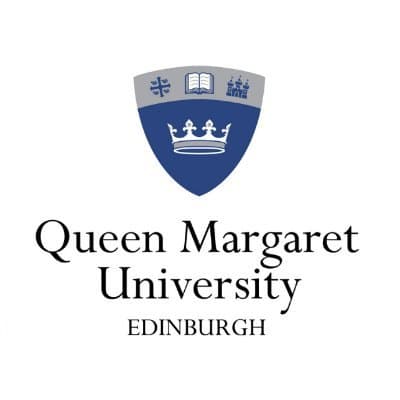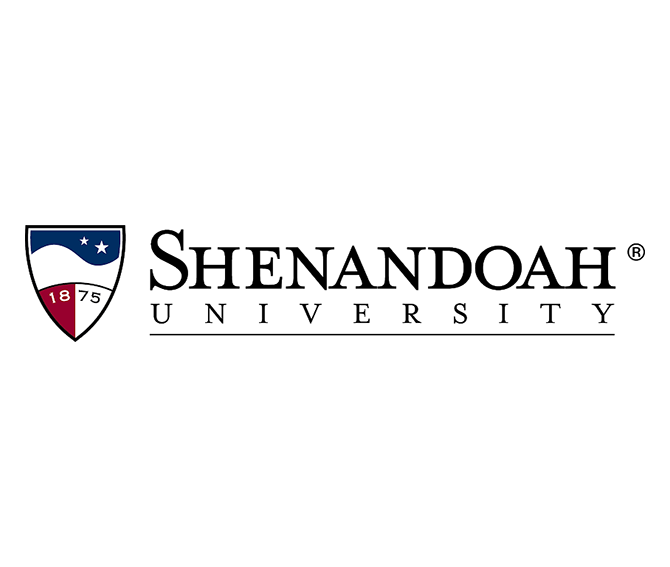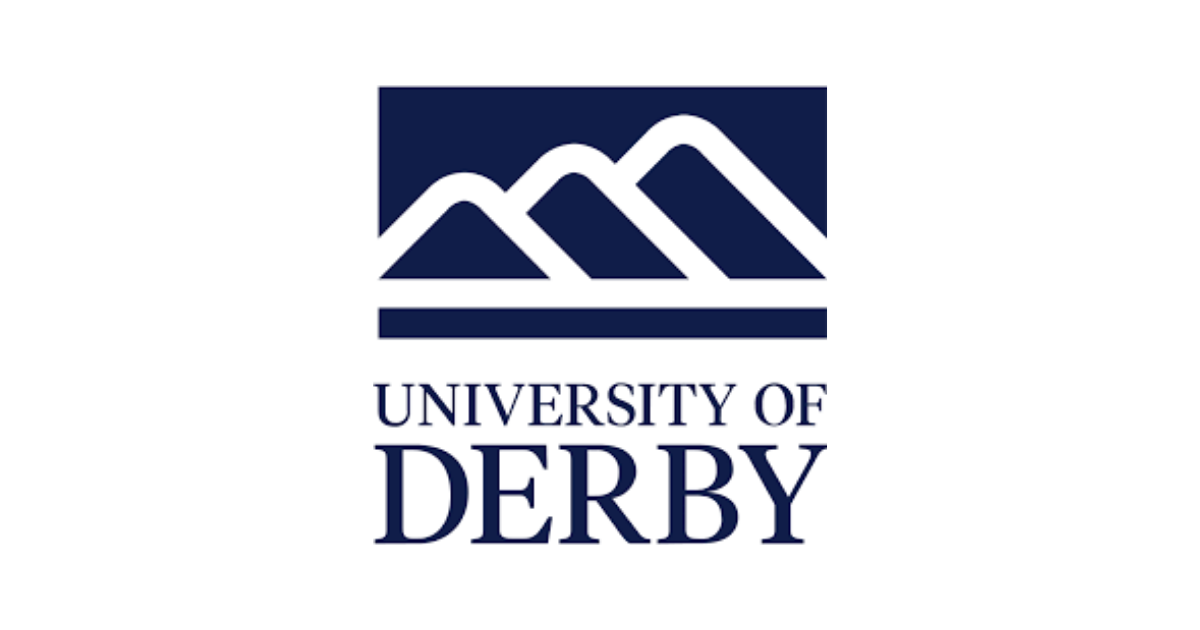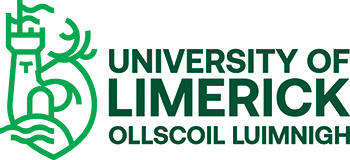Music Therapy
Unlock the Healing Power of Music: Study Music Therapy Abroad
For Indian students passionate about music and its profound impact on well-being, pursuing a degree in Music Therapy abroad opens doors to a rewarding career blending creativity with healthcare. Music Therapy is an emerging field that uses music interventions to address physical, emotional, cognitive, and social needs. As India sees growing awareness of mental health and holistic therapies, studying this discipline internationally equips you with globally recognized skills, advanced techniques, and exposure to diverse cultural applications of music.
Whether you're drawn to the rhythmic beats of Indian classical music or the therapeutic harmonies of Western compositions, a Music Therapy program abroad allows you to integrate your cultural heritage with international practices. This page explores everything you need to know about studying Music Therapy, from program details to career opportunities, tailored for aspiring Indian students.
What is Music Therapy?
Music Therapy is a clinical and evidence-based practice that employs music to improve health outcomes. Therapists assess clients' needs and create tailored music experiences, such as playing instruments, singing, composing, or listening to music, to achieve therapeutic goals. Unlike general music education, Music Therapy requires a deep understanding of psychology, neuroscience, and music theory.
In practice, Music Therapists work in settings like hospitals, schools, rehabilitation centers, and community programs. For Indian students, this field resonates with ancient traditions like Raga Chikitsa (healing through ragas in Ayurveda), allowing you to bridge Eastern and Western approaches for innovative therapies.
- Core Components: Musical skills, clinical assessment, intervention planning, and evaluation.
- Clientele: Includes children with autism, elderly with dementia, patients recovering from trauma, and individuals with mental health challenges.
- Duration of Programs: Bachelor's (3-4 years), Master's (1-2 years), or Doctoral (3+ years) levels.
Studying abroad exposes you to state-of-the-art facilities, research labs, and internships that enhance your practical expertise far beyond what's available domestically.
Benefits of Studying Music Therapy Abroad
Choosing to study Music Therapy internationally offers unique advantages, especially for Indian students seeking global exposure and career mobility. Here's why it's a smart choice:
- World-Class Education: Access cutting-edge curricula integrating music, psychology, and medicine, taught by renowned experts.
- Cultural Integration: Explore how music therapy adapts to multicultural contexts, enriching your perspective with Indian influences like Carnatic or Hindustani music.
- Practical Training: Hands-on experience through clinical placements, which are mandatory in most programs and provide real-world skills.
- Research Opportunities: Contribute to global studies on music's neurological effects, potentially leading to publications and scholarships.
- Networking: Connect with international professionals, opening doors to collaborations and jobs worldwide.
- Personal Growth: Living abroad fosters independence, adaptability, and a broader worldview, valuable for a therapeutic career.
Additionally, for Indian students, the exposure can help address the rising demand for mental health professionals back home, where music therapy is gaining traction in wellness centers and hospitals.
Top Universities and Programs for Music Therapy
Several prestigious institutions worldwide offer accredited Music Therapy programs. Below is a table highlighting top options, focusing on countries popular among Indian students like the USA, UK, Australia, and Canada. These programs are approved by bodies such as the American Music Therapy Association (AMTA) or equivalent international standards.
| University | Country | Program Level | Duration | Key Features | Approx. Tuition (INR per year) |
|---|---|---|---|---|---|
| University of Melbourne | Australia | Bachelor/Master of Music Therapy | 2-4 years | Strong focus on clinical practice; internships in hospitals; scholarships for international students. | 25-30 lakhs |
| Berklee College of Music | USA | Bachelor of Music in Music Therapy | 4 years | Performance-based training; access to world-class studios; high employability rate. | 35-40 lakhs |
| Anglia Ruskin University | UK | MA Music Therapy | 2 years | NHS placements; emphasis on research; post-study work visa options. | 15-20 lakhs |
| Wilfrid Laurier University | Canada | Bachelor of Music Therapy | 4 years | Integrates Indigenous music practices; co-op programs; welcoming for diverse students. | 20-25 lakhs |
| Queensland University of Technology (QUT) | Australia | Master of Music Therapy | 2 years | Evidence-based approach; fieldwork in community settings; Indian student support services. | 22-28 lakhs |
These universities often provide orientation for international students, including visa guidance and cultural adjustment programs, making the transition smoother for those from India.
Career Opportunities in Music Therapy
A degree in Music Therapy leads to diverse, fulfilling careers with competitive salaries. Globally, Music Therapists earn an average of $50,000-$80,000 annually (approx. 40-65 lakhs INR), with higher prospects in private practice or research.
- Hospitals and Clinics: Working with patients in oncology, neurology, or palliative care.
- Schools and Special Education: Supporting children with developmental disabilities through group music sessions.
- Mental Health Centers: Addressing anxiety, depression, and PTSD using music interventions.
- Community and Wellness Programs: Leading workshops in NGOs, senior homes, or corporate wellness initiatives.
- Private Practice: Offering personalized therapy, especially blending Indian music for diaspora communities.
- Research and Academia: Teaching at universities or conducting studies on music's therapeutic effects.
For Indian graduates, returning home offers opportunities in growing sectors like yoga retreats, mental health startups, and government health programs. International experience also qualifies you for certifications like the MT-BC (Music Therapist-Board Certified) in the USA, enhancing employability.
Eligibility Criteria for Indian Students
Admission requirements vary by university, but most programs seek candidates with a musical background and empathy for healthcare. Key criteria include:
- Academic Qualifications: 10+2 with minimum 60-70% marks; for Master's, a Bachelor's in Music, Psychology, or related field.
- Musical Proficiency: Audition or portfolio demonstrating skills on an instrument or voice; prior experience in music is essential.
- English Proficiency: IELTS (6.5+), TOEFL (80+), or PTE scores; some unis accept Duolingo.
- Entrance Exams: GRE for some US programs; interviews focusing on motivation and therapeutic interest.
- Other Requirements: Letters of recommendation, personal statement, and sometimes a background in psychology or health sciences.
Indian students should check for equivalence of qualifications through bodies like WES (World Education Services) for Canada/USA.
Scholarships and Financial Aid for Indian Students
Funding your studies abroad is crucial, and many opportunities exist specifically for Indian applicants in Music Therapy.
- University-Specific Scholarships: Berklee offers merit-based awards up to 50% tuition; University of Melbourne has the International Postgraduate Coursework Award.
- Government Scholarships: UK's Chevening Scholarships cover full tuition and living costs; Australia's Endeavour Awards for Master's students.
- Indian Government Aid: National Overseas Scholarship for SC/ST students; ICCR scholarships for cultural fields like music.
- Private Foundations: Fulbright-Nehru for US studies; Inlaks Shivdasani Foundation grants up to 10 lakhs INR.
Apply early, as deadlines are 6-12 months before intake. Part-time work (up to 20 hours/week) is allowed on student visas in most countries, helping cover living expenses estimated at 10-15 lakhs INR annually.
Application Process: Step-by-Step Guide
Navigating applications can seem daunting, but following these steps simplifies it for Indian students:
- Research Programs: Shortlist 3-5 universities based on location, cost, and specialization.
- Prepare Documents: Gather transcripts, test scores, and essays highlighting your passion for music and therapy.
- Take Entrance Tests: Schedule IELTS/TOEFL and any auditions 3-6 months in advance.
- Submit Application: Via university portals or UCAS (for UK); fees range from 5,000-10,000 INR.
- Apply for Visa: After offer letter, submit student visa application with proof of funds and acceptance.
- Secure Funding: Apply for scholarships simultaneously; attend pre-departure orientations.
Intakes are typically September/January; start preparations a year ahead. Our study abroad counselors can assist with personalized guidance.
Why Choose Music Therapy for Your Global Journey?
Studying Music Therapy abroad isn't just about a degree—it's about transforming lives through the universal language of music. For Indian students, it combines your rich musical heritage with international innovation, preparing you to make a difference in healthcare worldwide or back home. With growing demand for therapists amid global mental health crises, this field promises purpose and prosperity.
Ready to harmonize your future? Explore our services for free consultations, application support, and visa assistance. Your melody of success starts here!









